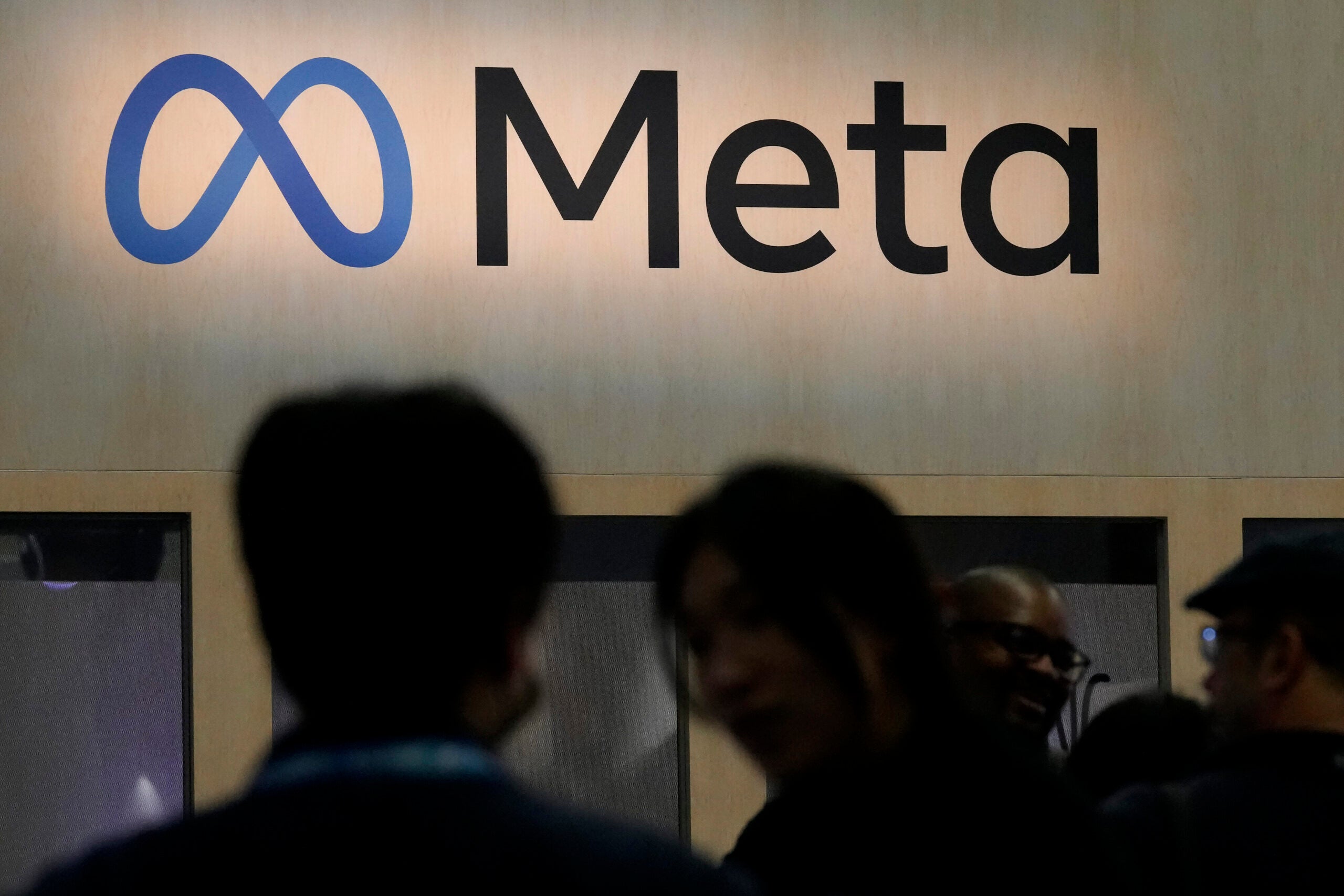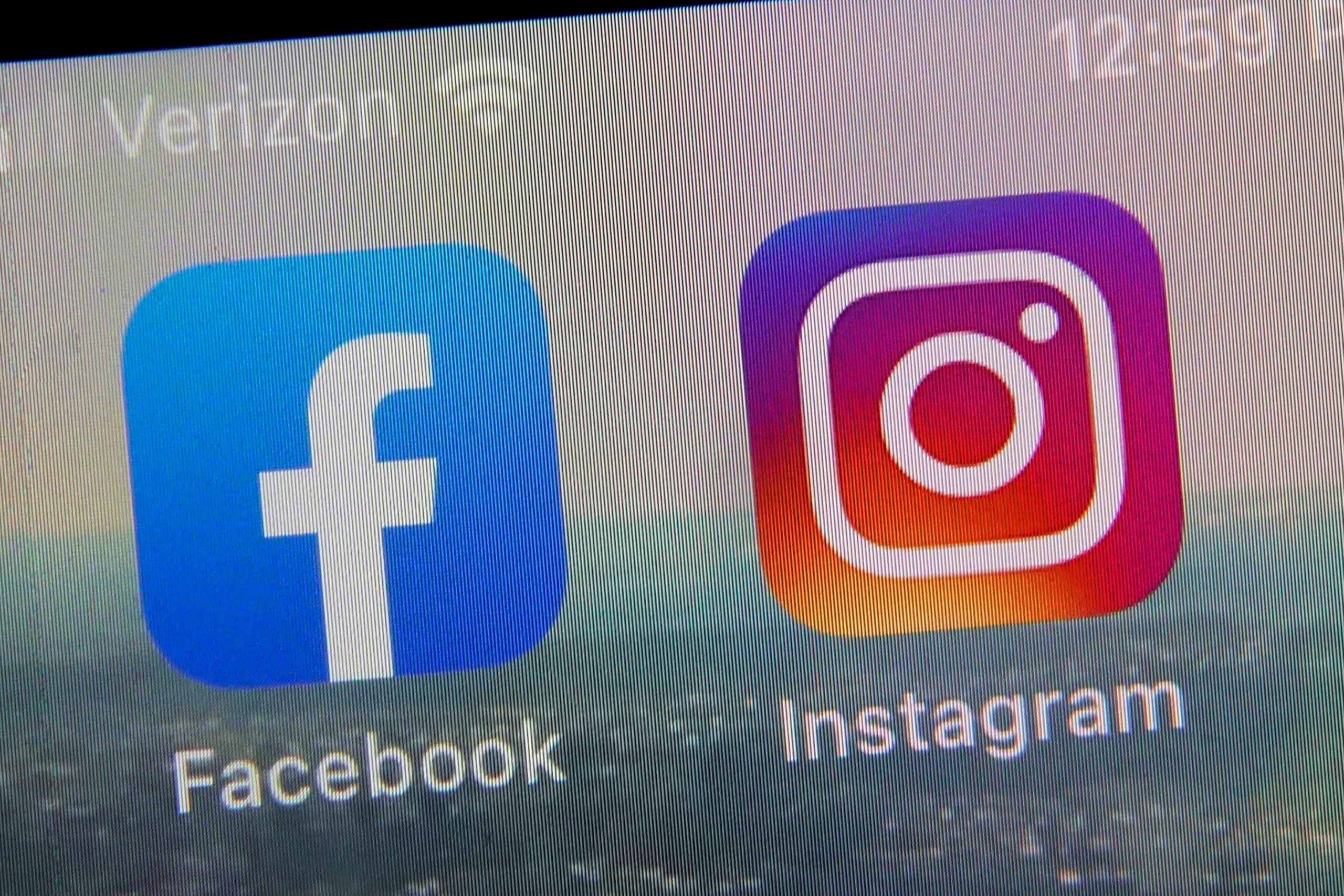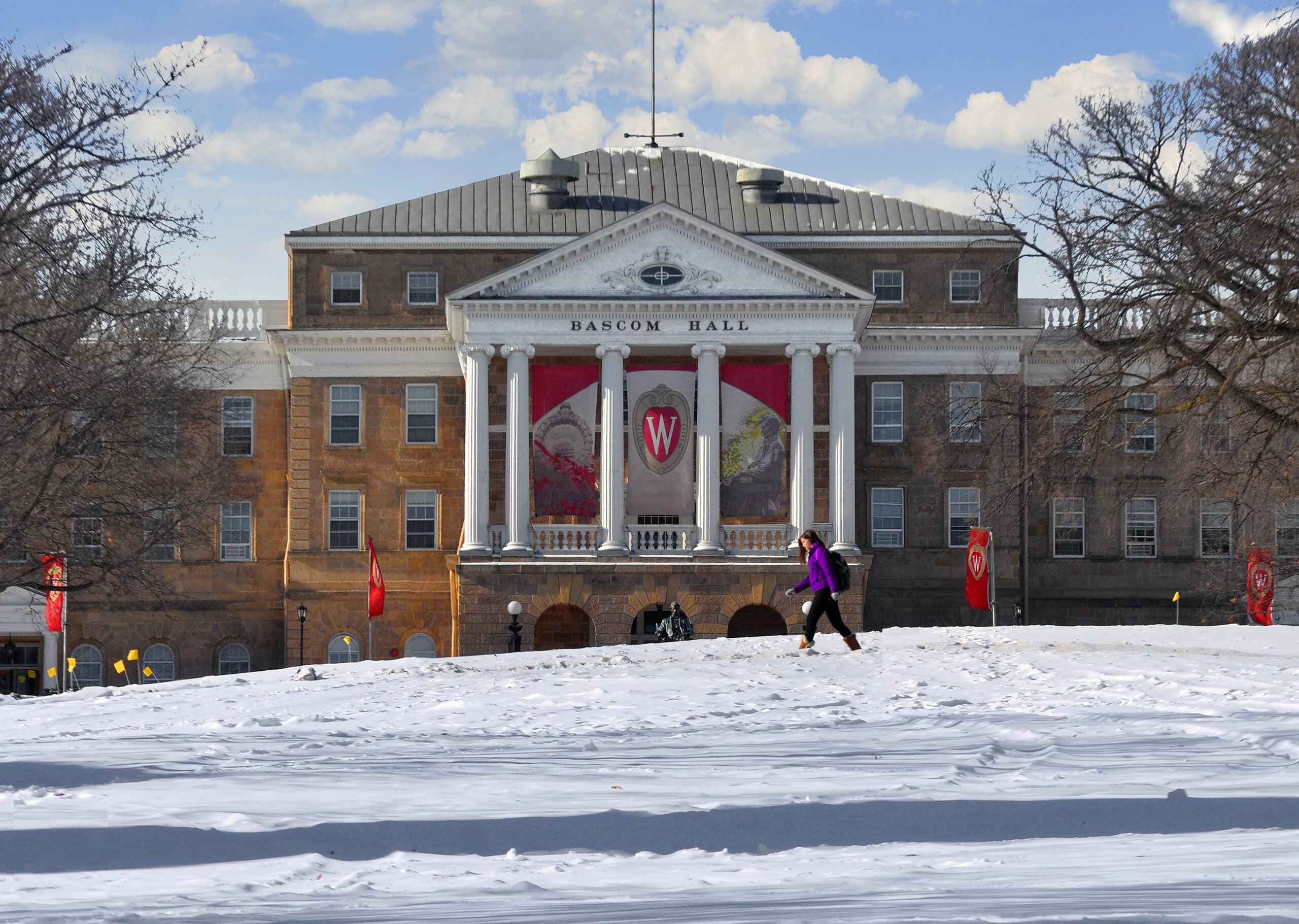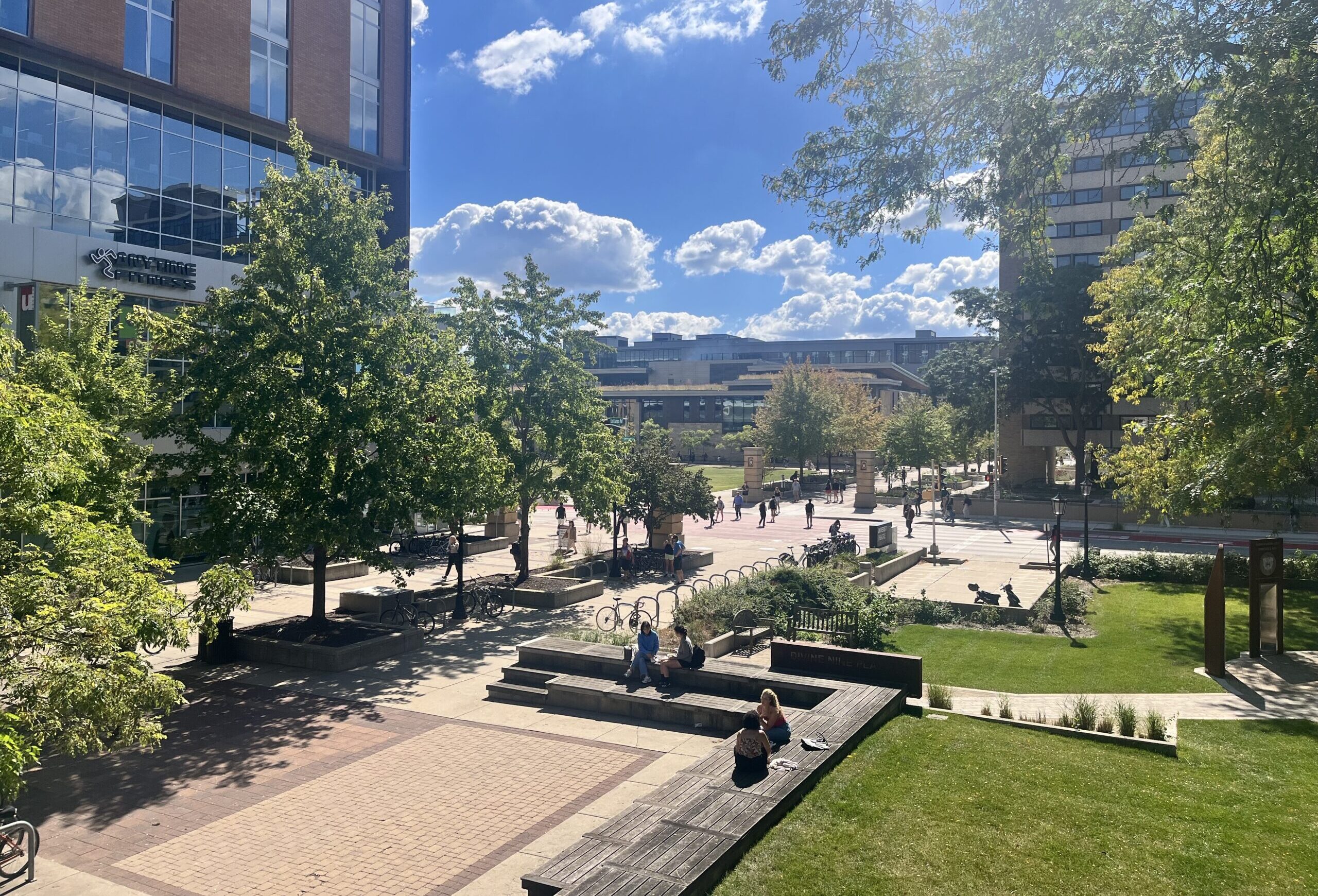While a recent batch of studies downplays Facebook’s influence on political polarization, a University of Wisconsin-Madison professor warns against placing too much confidence in the findings based on the research’s unusual methods.
Journalism professor Mike Wagner audited the studies that granted academic researchers around the nation access to Facebook’s internal records. The studies were produced in partnership with social scientists at Meta, the company that owns Facebook.

News with a little more humanity
WPR’s “Wisconsin Today” newsletter keeps you connected to the state you love without feeling overwhelmed. No paywall. No agenda. No corporate filter.
Wagner said the studies provide useful information about the 2020 elections and Facebook’s effects on political polarization. However, he urged skepticism because the researchers never had unfettered access to Facebook’s internal records.
“The outside academics wanted access to data they could only get if they partnered with Meta to do the work. So, they had to make some compromises,” Wagner said recently on Wisconsin Public Radio’s “Central Time.”
Seventeen academic researchers partnered with Meta social scientists to conduct a variety of studies. So far, several researchers have published their findings.
In one study of users who consented to be part of the research, the ordering of posts on Facebook was changed to emphasize the most recent posts by their friends. Wagner said the change didn’t affect users’ attitudes on various political topics, their views of political opposites or their knowledge of politics.
The researchers also examined the effect of removing posts re-shared by other users. Wagner said this change appeared to reduce news knowledge but not affect political polarization.

Contrary to the findings, Wagner said evidence in a lot of other research supports that social media amplifies polarization, including for particular groups of people.
While calling the new Facebook studies “rigorous, carefully checked, transparent, ethical, and path-breaking,” Wagner said he worries about the limits that were placed on the independence of academic researchers.
“Some research findings they (Meta) are going to want to promote, and some they are not,” he said.
Wisconsin Public Radio, © Copyright 2026, Board of Regents of the University of Wisconsin System and Wisconsin Educational Communications Board.







